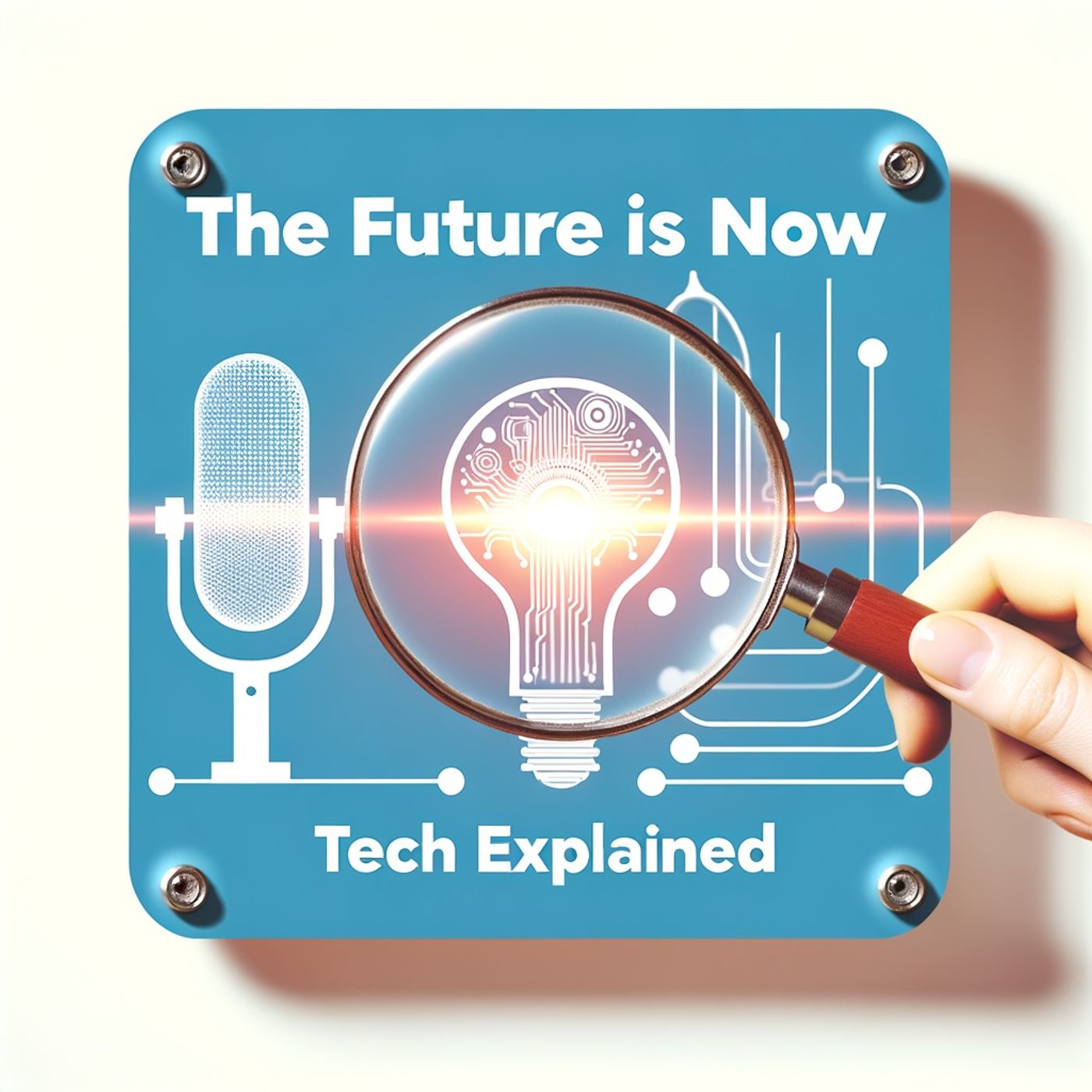Listen "AI Revolutionizes Daily Life: Breakthrough Technologies Reshape Work, Medicine, and Human Potential in 2025"
Episode Synopsis
The future is now, and nowhere is this more vivid than in the ways technology is transforming daily life, business, and even the pursuit of scientific discovery. In 2025, breakthroughs in artificial intelligence, robotics, bioengineering, and infrastructure are reshaping what it means to be “intelligent,” and how we interact with information and the world around us. According to recent reports on IntelliverseTechX, agentic AI systems—sometimes called self-thinking or reasoning AIs—now stand at the leading edge. Unlike old-school chatbots, these new agents can plan, reason, and execute tasks across multiple steps autonomously. Imagine your digital assistant not only booking your next trip but sorting out your schedule, confirming reservations, and even creating a packing list with zero micromanagement. Companies like OpenAI, Google with its Gemini platform, and Adept have built systems that increasingly function as reliable coworkers. But as these digital agents gain autonomy, questions about accountability and trust loom large. Meanwhile, Google DeepMind’s Gemini Robotics and startups like Figure AI have produced humanoid robots that learn by experiencing the real world, folding laundry or assisting nurses with natural language commands. Hardware—especially sensors, batteries, and processors—is racing to catch up, but robots that can adapt like humans are becoming an everyday sight, not just science fiction. Perhaps most astounding is the rise of Bio-AI. At MIT and companies backed by NVIDIA, AI models like Evo 2 are rewriting the genetic code, hastening medical research and offering new hope for personalized medicine. Automated AI labs now analyze years of research in just days, fundamentally changing how diseases are studied and drugs are designed.Edge AI is another critical trend according to the latest Gartner Hype Cycle. This technology pushes intelligence from the cloud to the edge—in sensors, cameras, and embedded devices—enabling real-time decisions for smart vehicles or industry robots, improving data privacy and reducing lag. Not to be overlooked, space and sustainable infrastructure developments are taking off: Starcloud, as reported by DigWarch, is launching AI-powered data centers into orbit to meet the world’s growing demand for processing power. Simultaneously, Meta is expanding with a massive new AI-optimized data center in El Paso, proving that the physical backbone of tomorrow’s tech is just as critical as the algorithms running on it.Medical applications of AI are also accelerating. Recent episodes of AI Frontiers highlighted progress in medical imaging and cancer diagnosis, with deep learning models providing new benchmarks in fields like laryngeal cancer staging. All these innovations point to a world where technology is not just a tool, but a creative partner in every field. For those tuning in, thank you for joining us at The Future is Now: Tech Explained. Make sure to subscribe for more deep dives and updates on tomorrow’s breakthroughs, today. This has been a quiet please production, for more check out quiet please dot ai.Some great Deals https://amzn.to/49SJ3QsFor more check out http://www.quietplease.aiThis content was created in partnership and with the help of Artificial Intelligence AI
 ZARZA We are Zarza, the prestigious firm behind major projects in information technology.
ZARZA We are Zarza, the prestigious firm behind major projects in information technology.
